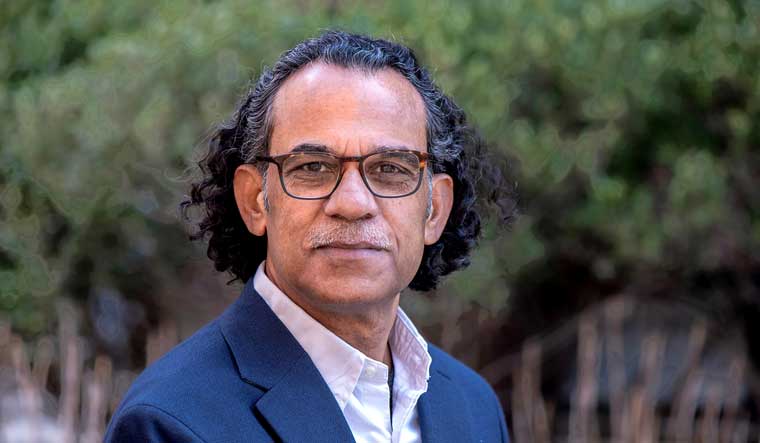The Harvard University’s Radcliffe Institute announced that biologist Dr S.D. Biju will be one of its 2023–2024 fellows. Biju has been awarded the Sarah and Daniel Hrdy Fellowship in conservation biology. He is currently a senior professor Department of Environmental Studies at the University of Delhi. He is also an Associate of the Department of Organismic and Evolutionary Biology at Harvard University.
Thanks to his untiring field work among amphibians in India, Biju earned the moniker ‘Frog Man of India’. Over three decades, he has discovered over a hundred new species across India and in south Asia. Last November, he was awarded Kerala’s third highest state honour, Kerala Sree, in honour of his highly original body of work.
He has two PhDs—the first in botany from the University of Calicut and the second in animal science from Vrije Universiteit Brussel, Belgium.
A Harvard University statement said that at Radcliffe Biju “will expedite efforts to outpace nameless extinctions in India’s amphibian hotspots through discovery and documentation of species and identification of key biodiversity areas for conservation prioritisation". He will have on-site collaborations with Harvard faculty, postdoctoral researchers and students, and will have access to the rich specimen collections of the Museum of Comparative Zoology.
The Radcliffe Institute for Advanced Study at Harvard University—known as Harvard Radcliffe Institute—is one of the world’s leading centres for interdisciplinary research and exploration. Biju is the 60th fellow representing biological sciences in 23 years of this programme and only the second fellow in this discipline from India.
“It is a great honour to be part of the Harvard’s Radcliffe community. I look forward to joining an extraordinary cohort of Radcliffe Fellows and advancing my missions in such an academically rich and diverse environment,” said Biju.
Disappointingly for his admirers, an honour that evaded Biju recently is the chance to have a frog he described as the state amphibian of Kerala. The Indian purple frog or pignose frog is considered a living fossil with a long evolutionary history. It was first described from Kerala’s Idukki district in 2003 by Biju and Franky Bossuyt, head of the Amphibian Evolution Lab at Vrije Universiteit Brussel. Despite being strongly recommended, the frog missed out for a strange reason—it lives underground and comes up only for a day in a year! The state government reportedly wanted a more visible amphibian. Kerala still does not have a state amphibian.



